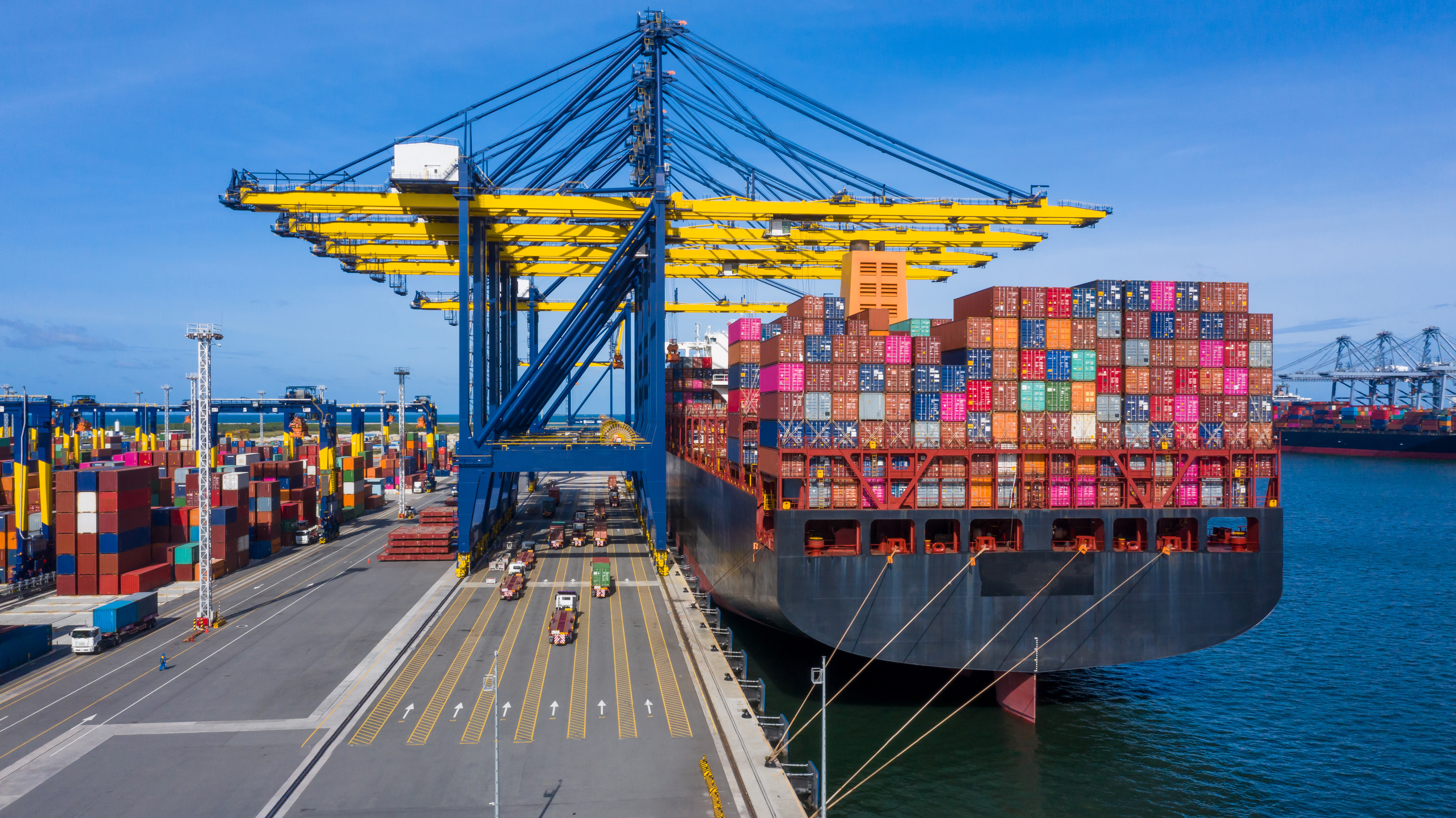Standard Chartered Bank v Dorchester LNG (2) Ltd (The "Erin Schulte") [2014] EWCA Civ 1382
The Facts
On 23 April 2010 Gunvor International BV (G) agreed to sell 17,000 mt of gasoil +/- 10 per cent to United Infrastructure Development Corporation (UIDC).
The goods were purchased by UIDC in order to meet a contract for the sale of a similar quantity of gasoil to Cirrus Oil Services Ltd (C). Both contracts provided for payment by letter of credit. On 6 April 2010 a letter of credit (the primary letter of credit) was opened by the United Bank of Africa (UBA) at the request of C in favour of UIDC with Standard Chartered Bank (SCB). On 12 April 2010 SCB confirmed the letter of credit to UIDC. On 30 April 2010 the letter of credit was transferred by SCB to G (the transfer letter of credit). G's bank, Société Générale (SG), was appointed to act as its agent for the purpose of drawing under the transfer letter of credit.
The goods were shipped in two parcels, carried on the Maria E and the Erin Schulte respectively. The bills of lading were consigned to SG or order.
Initially UIDC rejected both cargoes as off spec, but after negotiations agreed to purchase the Maria E cargo at a reduced price, whilst maintaining its rejection of the Erin Schulte cargo.
Accordingly, UBA advised SCB of an amendment to the primary letter of credit by which both the quantity of goods and the amount payable were reduced and SCB, in turn sought UIDC's agreement to the amendment, which UIDC gave on 1 June 2010. On the same day SCB asked G for its agreement to an equivalent amendment of the transfer letter of credit. Without waiting for G's agreement SCB advised UBA that UIDC agreed to the amendment. This left SCB exposed to G for the full amount under the transfer letter of credit in accordance with its original terms, without being able to seek recourse against UBA for the full amount originally agreed under the primary letter of credit.
On 4 June 2010 G presented documents in respect of the Erin Schulte cargo under the original transfer letter of credit, and on 7 June 2010 SG formally confirmed to SCB that G rejected the proposed amendment to the transfer letter of credit.
In the meantime UIDC found new buyers for the Erin Schulte cargo. On 9 June 2010 Erin Schulte arrived at the port of discharge. In the absence of bills of lading the cargo was delivered to the new buyers against a letter of indemnity issued by G.
In the continued absence of any agreement between G and SCB, G commenced proceedings against SCB on 1 July 2010. On 7 July 2010 SCB paid the full the amount of the face value of the transfer letter of credit together with interest and costs, and the proceedings were discontinued.
SCB then sought to recover its loss by bringing proceedings against the owners of Erin Schulte for delivering the subject cargo without production of bills of lading. The principal issue was whether SCB had title to sue.
At first instance SCB succeeded in establishing that it became lawful holder of the bills of lading on first presentation of the documents by G on 4 June and if that was wrong on 7 July when it met G's demands by effecting payment.
The Court of Appeal Judgment
The Judgment was appealed by Owners and the Court of Appeal was required to consider whether SCB had obtained title (i) on 4 June, or (ii) on 7 July when they had effected payment, or (iii) at all.
Held:
1. For transfer of title to have occurred on 4 June, pursuant to s.5(2)(b) Carriage of Goods by Sea Act 1992, SCB as an indorsee (rather than a consignee which would only require possession of the bill of lading) would need to establish that there was a voluntary and unconditional transfer of possession by G to SCB and SCB's unconditional acceptance of this transfer. In view of its initial refusal to effect payment when the bills were first presented it was unable to do so, and the first instance decision was thereby overturned.
2. It was common ground that by 7 July the bills of lading no longer gave a right to possession of the goods because the goods had by then been discharged. However, it was still open to SCB to show that they had become holders of the bills as a result of a transaction effected pursuant to a contract or other arrangement predating delivery of the goods, thereby satisfying the requirements of s.2(2)(a) COGSA. This provides that,
"Where, when a person becomes the lawful holder of a bill of lading, possession of the bill no longer gives a right (as against the carrier) to possession of the goods to which the bill relates, that person shall not have any rights transferred to him by virtue of subsection (1) above unless he becomes the holder of the bill:
(a) by virtue of a transaction effected in pursuance of any contractual or other arrangements made before the time when such a right to possession ceased to attach to possession of the bill; . . ."
The Court of Appeal held that payment and transfer of documents was effected pursuant to the pre-existing letter of credit agreement rather than, as submitted by the Owners, pursuant to a separate agreement to settle the proceedings brought by G, such that SCB became lawful holders of the bills of lading on 7 July.
Comments
This case provides another example of the uncertainty and complexities which can be involved in establishing title to sue under the Carriage of Goods by Sea Act, and the risks for Owners in delivering cargo other than against presentation of original bills of lading. In this case Owners' position had thankfully been adequately protected by the terms of the letter of indemnity provided by G.



![The Solomon Trader [2025] EWCA Civ 1387: The ‘pay to be paid’ rule affirmed in the Court of Appeal](/fileadmin/uploads/ukpandi/News_Images/AdobeStock_104743067.jpeg)
